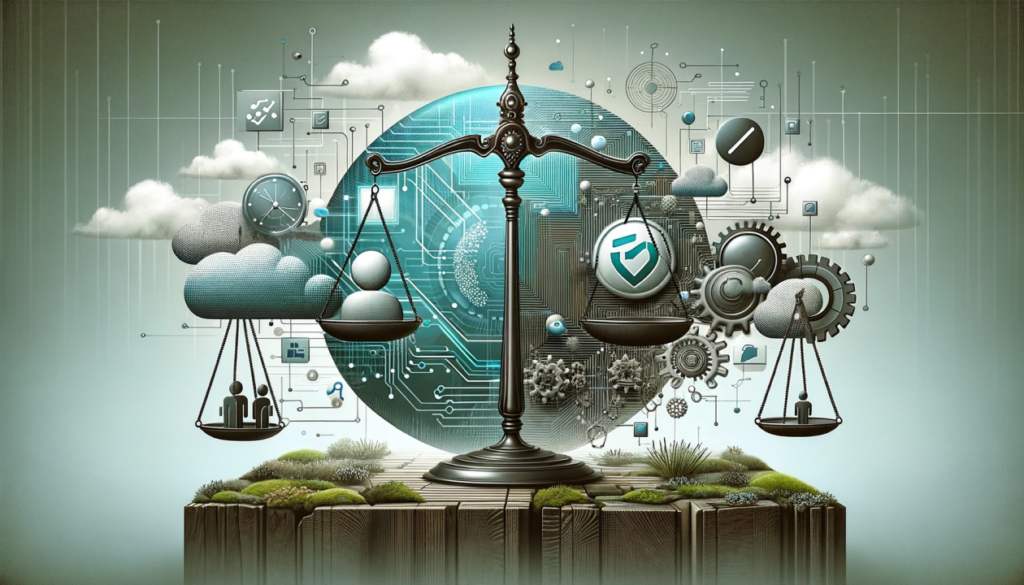Table of Contents
Introduction
In a world where technological advancements seem to unfold at an exponential pace, there exists a realm shrouded in secrecy and mystery – the realm of classified technologies. These are the innovations, developments, and discoveries that governments and private entities choose to keep hidden from public knowledge, often citing reasons of national security or competitive advantage. While the existence of classified technologies is widely acknowledged, the specifics remain elusive, giving rise to speculation and intrigue. In this exploration, we delve into the concept of classified technologies, their implications, and the ethical considerations surrounding their existence.
Understanding Classified Technologies
Classified technologies encompass a wide array of advancements across various fields, including but not limited to defence, aerospace, telecommunications, and biotechnology. These technologies are typically developed through extensive research and experimentation, often involving significant financial investments. Once deemed sensitive or valuable enough, they are classified to restrict access and dissemination.
One of the primary motivations behind classifying technologies is national security. Governments employ classified technologies to gain strategic advantages in defence and intelligence operations. These advancements can range from sophisticated surveillance systems and cryptographic algorithms to advanced weaponry and stealth technologies. By concealing such capabilities, nations aim to safeguard their interests and protect against potential threats.
Additionally, classified technologies extend beyond the realm of defence. In the corporate world, businesses may classify their innovations to maintain a competitive edge. This could involve proprietary algorithms, manufacturing processes, or product designs that offer distinct advantages over rivals. By safeguarding these technologies, companies seek to preserve their market position and profitability.
Implications and Controversies
While classified technologies may offer benefits in terms of security and competitiveness, they also raise significant ethical and societal concerns. One major issue is the lack of transparency and accountability. When governments and corporations operate in secrecy, it becomes challenging to assess the potential risks and consequences associated with their technologies. This opacity can lead to abuses of power, human rights violations, and unchecked surveillance.
Moreover, the classification of technologies can hinder scientific progress and innovation. By restricting access to valuable research and findings, classified status impedes collaboration and knowledge-sharing among researchers and institutions. This fragmented approach to innovation may result in redundant efforts, wasted resources, and slower technological advancement on a global scale.
Another concern is the potential for misuse or proliferation. Classified technologies, particularly in the realm of defence, have the capacity to inflict widespread harm if deployed improperly or falling into the wrong hands. The development of autonomous weapons, cyber warfare capabilities, and biotechnological advancements raises questions about the ethical implications of such technologies and the need for international regulations to prevent their abuse.
Navigating the Ethical Landscape
In addressing the ethical dilemmas surrounding classified technologies, it is crucial to strike a balance between security imperatives and ethical considerations. Transparency and accountability are essential principles that must underpin the classification process. Governments and corporations should provide justification for classifying technologies, ensuring that secrecy is warranted and proportionate to the potential risks involved.
Furthermore, there is a need for robust oversight mechanisms to regulate the development and deployment of classified technologies. Independent regulatory bodies, composed of experts from various fields, can evaluate the ethical implications of classified projects and ensure compliance with legal and ethical standards. Additionally, mechanisms for whistleblower protection can encourage individuals to report abuses or misconduct related to classified technologies without fear of reprisal.
International cooperation is also vital in addressing the challenges posed by classified technologies. Multilateral agreements and treaties can establish norms and guidelines for the responsible development and use of sensitive technologies. By fostering dialogue and collaboration among nations, the international community can mitigate the risks of technological proliferation and promote ethical standards on a global scale.
Conclusion
Classified technologies represent a double-edged sword in the modern era, offering both promise and peril. While they may provide strategic advantages in security and competitiveness, their secretive nature raises significant ethical and societal concerns. By promoting transparency, accountability, and international cooperation, we can navigate the ethical landscape surrounding classified technologies and harness their potential for the greater good of humanity. As we continue to push the boundaries of innovation, it is imperative that we do so with a clear conscience and a commitment to ethical principles.
For More Information Please Visit These Websites Viprow And Vecteezy

